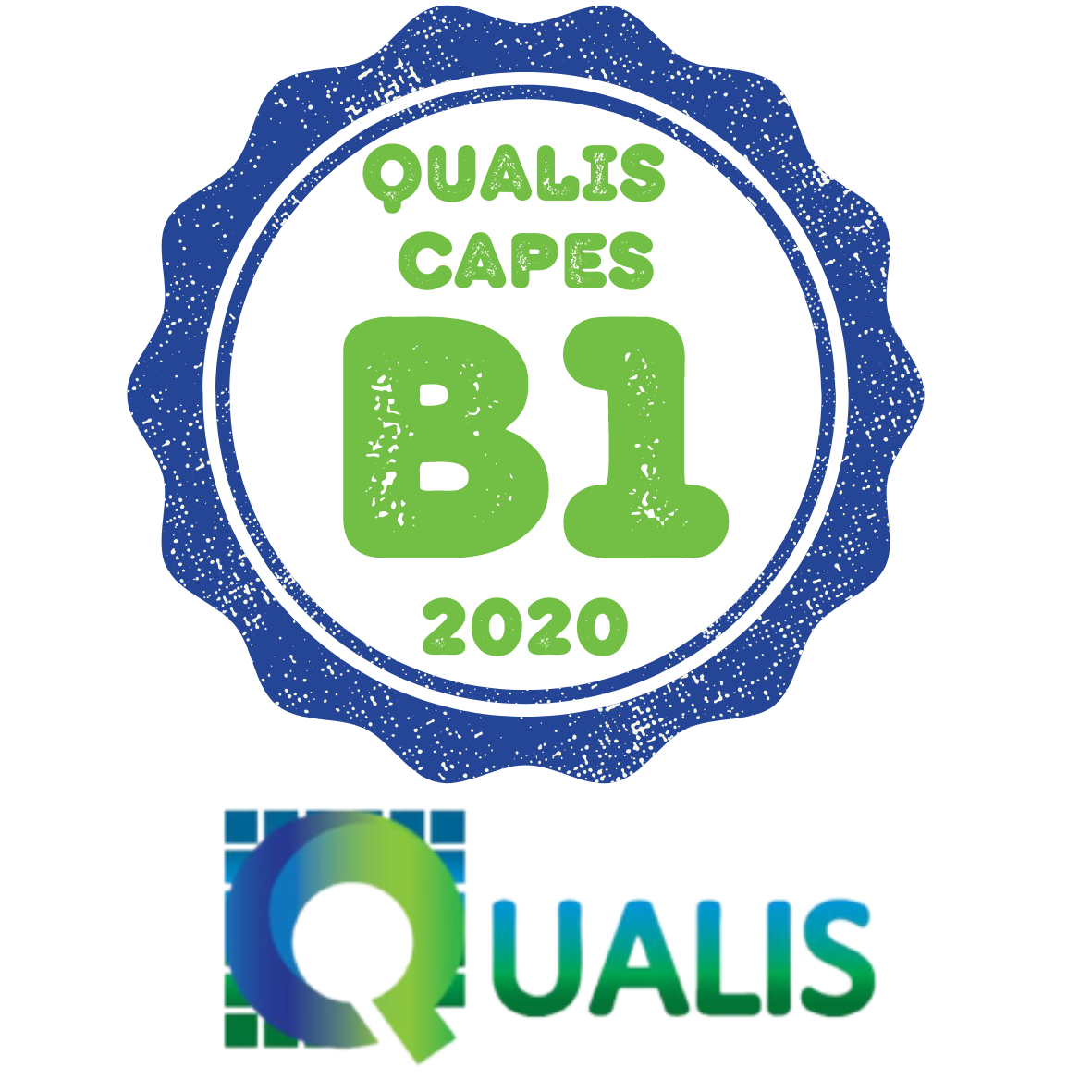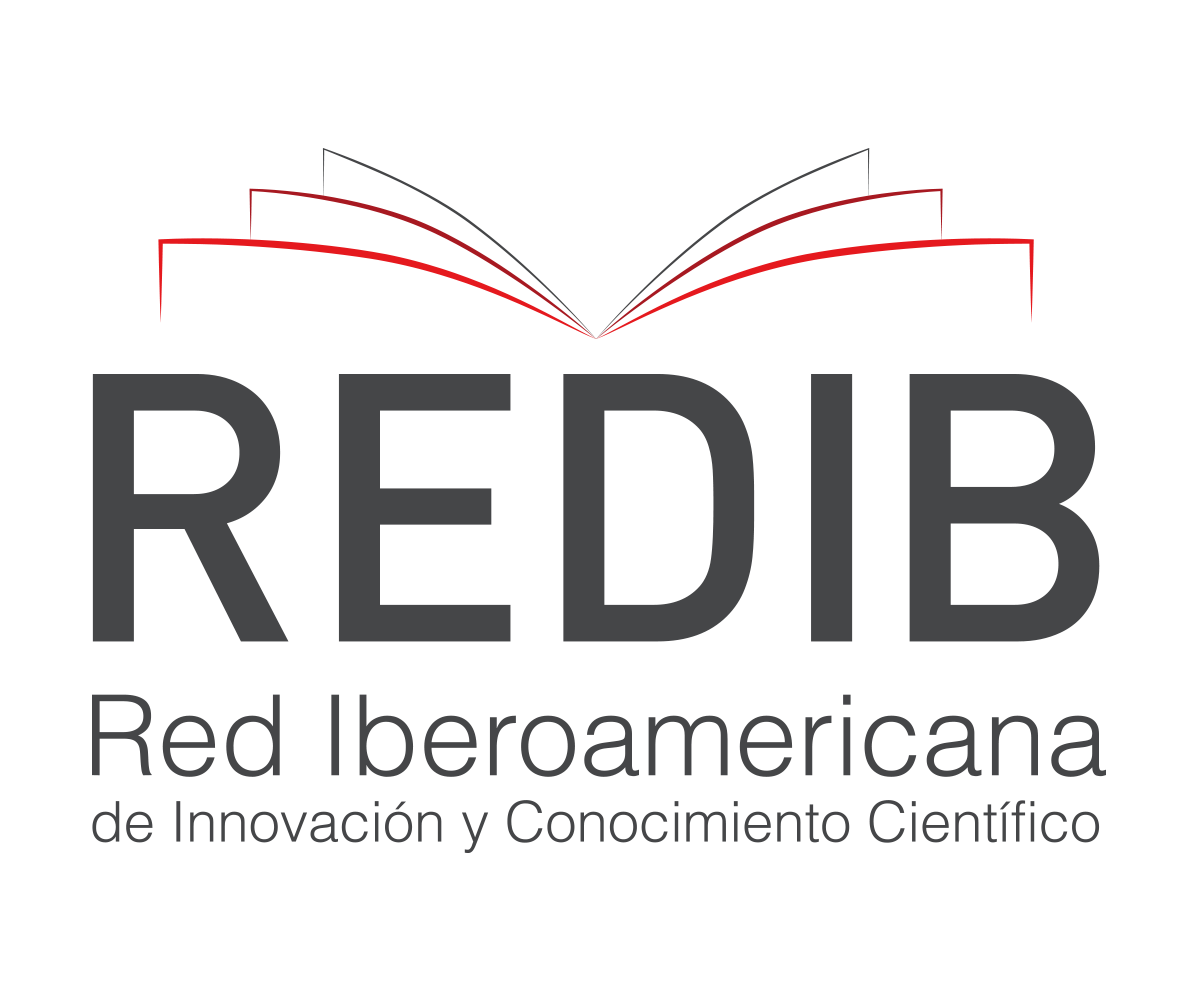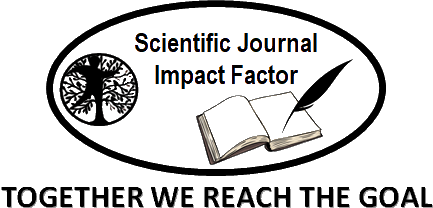RECOVERY AND WRAP AS DE-PATHOLOGIZING ACTIONS IN MENTAL HEALTH, ALCOHOL, AND OTHER DRUGS
DOI:
https://doi.org/10.22289/2446-922X.V9N2A28Keywords:
Mental Health Recovery, Mental Health Assistance, Mental Health Services, Substance-Related DisordersAbstract
Recovery is presented as a de-pathologizing practice because it does not focus on the illness and its symptoms. It promotes the protagonism of individuals experiencing psychological distress in the care processes, as they become actively involved through mutual support groups and peer support. Support tools have been developed for users to sustain self-care processes and peer support. One of the most widely disseminated tools is the WRAP (Wellness Recovery Action Plan), which is undergoing cultural adaptation in Brazil. It involves the creation of plans that help the person develop responses to everyday challenges, in order to promote well-being. Recovery and WRAP, when applied to individuals with problematic alcohol and other drug use (AD), represent an expanded clinical approach, as they focus on the individual rather than drug use. Their goal is the (re)discovery of autonomy, self-management, and improvement in quality of life without necessarily imposing a goal of "cure," abstinence, or "recovery" in its traditional meaning. The aim is to discuss possibilities for applying the principles of Recovery and the WRAP Program as de-pathologizing actions to assist the necessary transformations in the field of mental health care, particularly in the AD field. Recovery and WRAP, being tools that directly align with the principles of Psychosocial Care and the Unified Health System, as well as with Harm Reduction, promote mental health among users, strengthening their processes of citizenship.
Downloads
References
Ahern, L., & Fisher, D. (1999). Personal Assistance in Community Existence: Recovery at Your Own Pace. National Empowerment Center. http://akmhcweb.org/docs/pace_manual.pdf
Anastácio, C. C., & Furtado, J. P. (2012). Reabilitação Psicossocial e Recovery: conceitos e influências nos serviços oferecidos pelo Sistema de Saúde Mental. Cadernos Brasileiros de Saúde Mental, 4(9), 72–83. https://doi.org/10.5007/cbsm.v4i9.68691
Anthony, W. A. (1993). Recovery from mental illness: The guiding vision of the mental health service system in the 1990s. Psychosocial Rehabilitation Journal, 16(4), 11-23. https://doi.org/10.1037/h0095655
Chamberlin, J. (2006). Confessions of a Non-Compliant Patient. Journal of Psychosocial Nursing, 36(4), 49-52. http://www.power2u.org .
Copeland, M. E. (2002). Wellness Recovery Action Plan. Occupational Therapy in Mental Health, 17(3), 127-150. https://doi.org/10.1300/J004v17n03_09
Copeland, M. E. (2006). Wellness Recovery Action Planning (WRAP) project: WRAP group facilitator's kit. Peach Press.
Copeland, M. E., & Mead, S. (2004). Wellness Recovery Action Plan and peer support: Personal, group, and program development. Peach Press.
Costa, M. N. (2017). Recovery como estratégia para avançar a Reforma Psiquiátrica no Brasil. Cadernos Brasileiros de Saúde Mental, 9(21), 01-16. https://doi.org/10.5007/cbsm.v9i21.69532
Costa-Rosa, A. (2000). O modo psicossocial: um paradigma das práticas substitutivas ao modo asilar. In P. Amarante (Org.). Ensaios: Subjetividade, Saúde Mental, Sociedade. Fiocruz.
Davidson, L., Lawless, M. S., & Leary, F. (2005). Concepts of Recovery: competing or complementary? Current Opinion in Psychiatry, 18(6), 664-7. https://doi.org/10.1097/01.yco.0000184418.29082.0e
Deegan P. E. (1988). Recovery: The lived experience of rehabilitation. Psychosocial Rehabilitation Journal, 9(4), 11-19.
Deegan P. E. (1999). Recovery, uma viagem do coração. In: J. Ornelas (Coord.). Actas da Conferência Internacional – Novos Desafios na Reabilitação de Pessoas com Doença Mental. (pp. 63-81). AEIPS Edições.
Duarte, T. (2007). Recovery da doença mental: Uma visão para os sistemas e serviços de saúde mental. Análise Psicológica, 25(1), 127-133. https://doi.org/10.14417/ap.434
Emmanuel-Tauro, D. V., & Foscaches, D. A. L. (2018). As atuais políticas de saúde mental no Brasil: reflexões à luz da obra de Cornelius Castoriadis. Mental, 12(22), 90-112. http://pepsic.bvsalud.org/pdf/mental/v12n22/v12n22a07.pdf
Escohotado, A. (1989). História de las Drogas. Editora Alianza.
Espinheira, G. (2008). Sociedade do medo: teoria e método da análise sociológica em bairros populares de Salvador: juventude, pobreza e violência. Salvador. Ed. EDUFBA.
Fisher, D. (2006). A New Vision of Recovery: People canfully recover from mental illness. http://www.power2u.org .
Gordon, J., & Cassidy, J. (2009). Wellness Recovery Action Plan (WRAP) Training for BME women: an evaluation of process, cultural appropriateness and effectiveness. Scottish Recovery Network, https://scottishrecovery.net/wp-content/uploads/2009/04/BME-WRAP-Full-report.pdf
Grigolo, T. M.; Alvim, S.; Chassot, C. S.; & Silva, V. V. S. (2017). Plano pessoal de ação para bem-estar e Recovery: experimentando o "WRAP" no Brasil. Cadernos Brasileiros de Saúde Mental, 9(21), 300-320. https://doi.org/10.5007/cbsm.v9i21.69552
Keitel, L. (2018). Da doença ao sofrimento psíquico: Sentidos da “loucura” na clínica da atenção psicossocial. Tese de Doutorado. Universidade Federal de Santa Catarina. 297 p. https://repositorio.ufsc.br/bitstream/handle/123456789/198165/PICH0194-T.pdf?sequence=-1&isAllowed=y
Lancetti, A. (2020). Contrafissura e Plasticidade Psíquica. São Paulo: Hucitec. 136 p.
Leal, E. M.; M., N. M.; Serpa, O. D. Jr.; & Delgado, P. G. (2006). Psicopatologia da autonomia: a importância do conhecimento psicopatológico nos novos dispositivos de assistência psiquiátrica. Revista Latinoamericana de Psicopatologia Fundamental, IX(3), 433-446. https://www.redalyc.org/pdf/2330/233017487005.pdf
Leal, E. M., Munoz, N. M., & Serpa Jr., O. D. (2019). Além da compulsão e da escolha: autonomia, temporalidade e recuperação pessoal. Revista Latinoamericana de Psicopatologia Fundamental, 22, 130-149. https://doi.org/10.1590/1415-4714.2018v22n1p130.8
Leete, E. (1989). How I perceive and manage my illness. Schizophrenia Bulletin, 8, 605-609. https://doi.org/10.1093/schbul/15.2.197
Lima, E. M. F. A., & Yasui, S. (2014). Territórios e sentidos: espaço, cultura, subjetividade e cuidado na atenção psicossocial. Revista Saúde Debate, 38(102), 593-606. https://doi.org/10.5935/0103-1104.20140055.
Marlatt, G. A.; & Gordon, J. R. (1993). Prevenção da Recaída: estratégias de manutenção no tratamento de comportamentos adictivos. Porto Alegre. Artes Médicas.
Mattos, A. R., Ewald, A. P., & Castro, F. G. (2012). Liberdade, alienação e criação literária: reflexões sobre o homem contemporâneo a partir do existencialismo Sartriano. Estud. pesqui. psicol., 12(3), 724-766. https://www.e-publicacoes.uerj.br/index.php/revispsi/article/view/8214/5966
Mead, S., & Copeland, M. H. (2000). What Recovery meanstous: Consumers’ perspectives. Community Health Journal, 36(3), 315-328. https://doi.org/10.1023/a:1001917516869
Mueser, K. T., & Cook, J. A. (2013). Introduction to the special issue on illness self-management [editorial]. Psychiatric Rehabilitation Journal, 36(4), 229–230. https://doi.org/10.1037/prj0000036
Oliveira, W. F. (2017). Recovery: O desvelar da práxis e a construção de propostas para aplicação no contexto da Reforma Psiquiátrica no Brasil. Cadernos Brasileiros de Saúde Mental, 9(21), 321-330. https://doi.org/10.5007/cbsm.v9i21.69553
Olney, M. F., & Emery-Flores, D. S. (2017). “I Get My Therapy from Work”: Wellness Recovery Action Plan Strategies That Support Employment Success. Rehabilitation Counseling Bulletin, 60(3), 175-184. https://doi.org/10.1177/0034355216660059
Onocko-Campos, R. T., Costa, M., Pereira, M. B, Ricci, E. C., Enes, S. T. G., Janeth, L., Chavez, E.; Reis, G. & Davidson, L. (2017). Recovery, citizenship, and psychosocial rehabilitation: A dialog between Brazilian and American mental health care approaches. Am J Psychiatr Rehabil, 20(3), 311–26. https://doi.org/10.1080/15487768.2017.1338071
Pereira, M. B. (2019). Avaliação de serviços de saúde mental: validação da versão para trabalhadores de instrumento de avaliação de Recovery. [Tese de doutorado] - Universidade Estadual de Campinas-UNICAMP, Faculdade de Ciências Médicas. http://repositorio.unicamp.br/bitstream/REPOSIP/334852/1/Pereira_MarianaBarbosa_M.pdf
Pratt, R., MacGregor, A., Reid, S., & Given, L. (2012). Wellness Recovery Action Planning (WRAP) in self-help and mutual support groups. Psychiatric Rehabilitation Journal, 35(5), 403-405. https://doi.org/10.1037/h0094501
Ralph, R. (2005). Verbal definitions and visual models of recovery: Focus on the recovery model. In R. Ralph, & P. Corrigan (Eds.), Recovery in Mental Illness Broadening our understanding of wellness. American Psychological Association.
Rodrigues, C. A. S. (2023). Análise do Processo de Adaptação Cultural do WRAP (Wellness Recovery Action Plan) ao Contexto Brasileiro. Dissertação de Mestrado. Universidade Federal de Santa Catarina.
Sandoval, C. (2020). Taking Control: Application of Wellness Recovery Action Plan with Individuals with Chronic Pain in Improvement of Pain Management Skills and Mental Health Symptoms. Dissertations Publishing, Alliant International University. https://dl.acm.org/doi/abs/10.5555/AAI27998560
Sartre, J. P. (1997). O Ser e o Nada: Ensaio de Ontologia Fenomenológica. Petrópolis: Vozes.
Schneider, D. R. (2010). Horizonte de racionalidade acerca da dependência de drogas nos serviços de saúde: implicações para o tratamento. Ciência & Saúde Coletiva, 15(3), 687-698. https://www.redalyc.org/pdf/630/63028839010.pdf
Serpa, O. D., Jr. (2017). Relatos de experiências em Recovery: Usuários como tutores, familiares como cuidadores/pesquisadores e efeitos destas práticas em docentes e pesquisadores em saúde mental. Cadernos Brasileiros de Saúde Mental, 9(21), 250-70. https://www.researchgate.net/publication/316636268
Silveira, A.; et al. (2017). Recovery e experiência brasileira na atenção psicossocial: diálogos e aproximações. Cadernos Brasileiros de Saúde Mental, 9(21), 17–30. https://doi.org/10.5007/cbsm.v9i21.69533
Spohr, B., Leitão, C., & Schneider, D. R. (2006). Caracterização dos serviços de atenção à dependência de álcool e outras drogas na região da Grande Florianópolis. Revista de Ciências Humanas, 39, 219-36. https://periodicos.ufsc.br/index.php/revistacfh/article/view/17997
Spaniol, L. (2008). What Would a Recovery-Oriented Program Look Like? International Journal of Psychosocial Rehabilitation. 13(1), 57-66. https://www.researchgate.net/publication/286557820_What_would_a_Recovery-oriented_program_look_like
Vasconcelos, E. M.; (2000) Reinvenção da cidadania, empowerment no campo da saúde mental e estratégia política no movimento dos usuários. In: Amarante, P. (Org.). Ensaios: subjetividade, saúde mental e sociedade. Rio de Janeiro. (pp. 169-194). Editora Fiocruz.
Vasconcelos, E. M. (2009). Perfil das organizações de usuários e familiares no Brasil, seus desafios e propostas. Cadernos Brasileiros de Saúde Mental, 1(1), 55–66. https://doi.org/10.5007/cbsm.v1i1.68427
Vasconcelos, E. M. (2017). As abordagens Anglo-Saxônicas de Empoderamento e Recovery (Recuperação, Restabelecimento) em saúde mental: uma apresentação histórica e conceitual para o leitor brasileiro. Cadernos Brasileiros de Saúde Mental, 9(21), 48-65. https://doi.org/10.5007/cbsm.v9i21.69535
White, W. L. (2007). Addiction Recovery: Its definition and conceptual boundaries. Journal of substance abuse treatment, 33(3), 229-241. https://www.naadac.org/assets/2416/whitewl2007_addiction_Recovery.pdf
Downloads
Published
How to Cite
Issue
Section
License
Copyright (c) 2023 Psicologia e Saúde em debate

This work is licensed under a Creative Commons Attribution-NonCommercial-NoDerivatives 4.0 International License.
The authors declare that they participated in the elaboration of the manuscript in question, and that the cited manuscript is original and has not been previously published in part or in whole and that no other similar manuscript under their authorship is published or under analysis by another journal, whether printed or electronic. They further declare that they have not violated or infringed upon any copyright or other proprietary rights of other persons, and that all quotations in the text are true facts or based on research of considerable scientific accuracy. The authors undertake, when requested, to provide information to the editors regarding the data in this manuscript.
The magazine follows the Creative Commons standard (BY NC ND), which allows the remix, adaptation and creation of works derived from the original, even for commercial purposes. New works must contain mention of the author(s) in the credits. The site uses Open Journal Systems, a free open source system for managing and publishing journals developed with support and distribution by the Public Knowledge Project under the GNU General Public License.
































